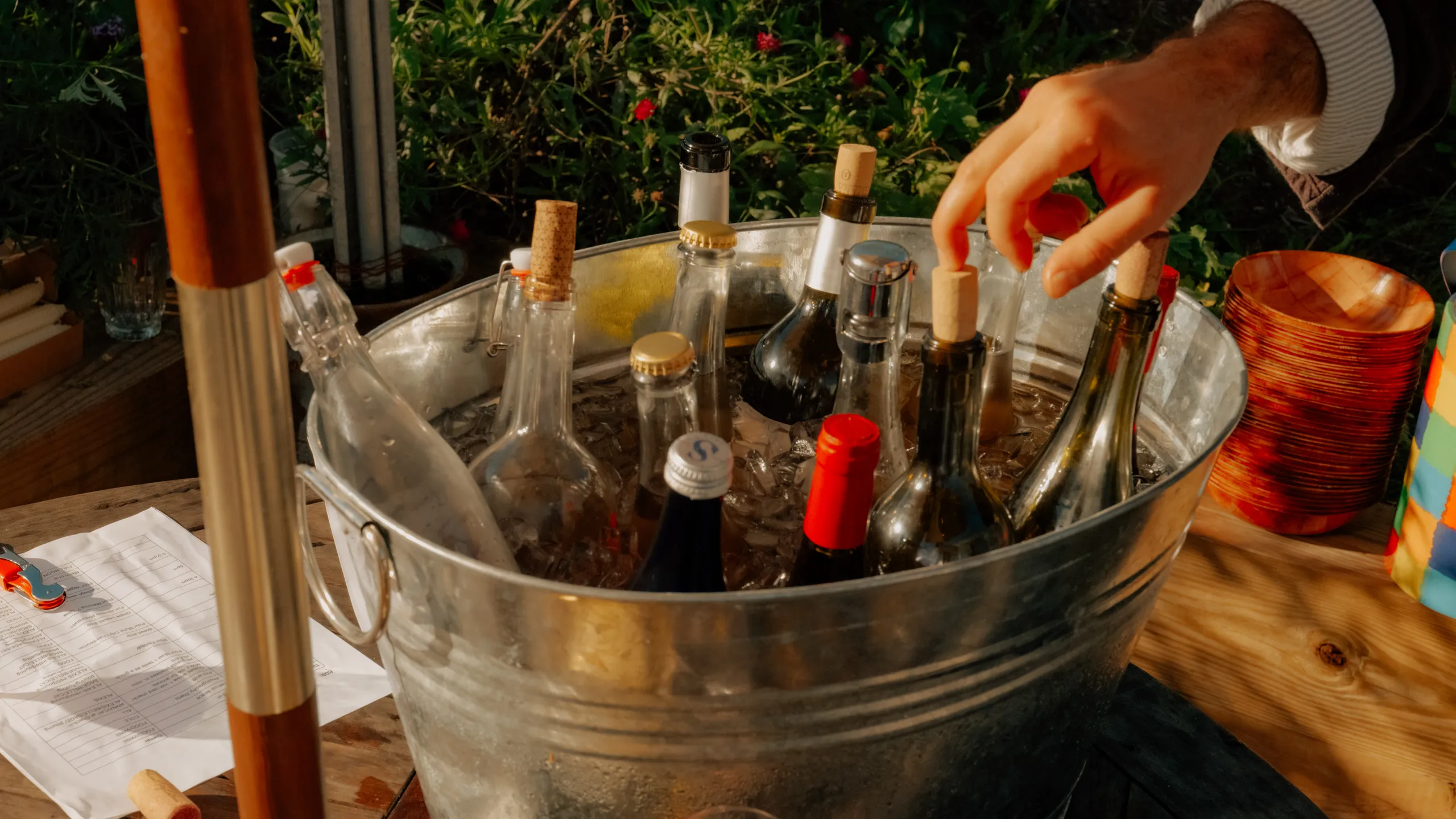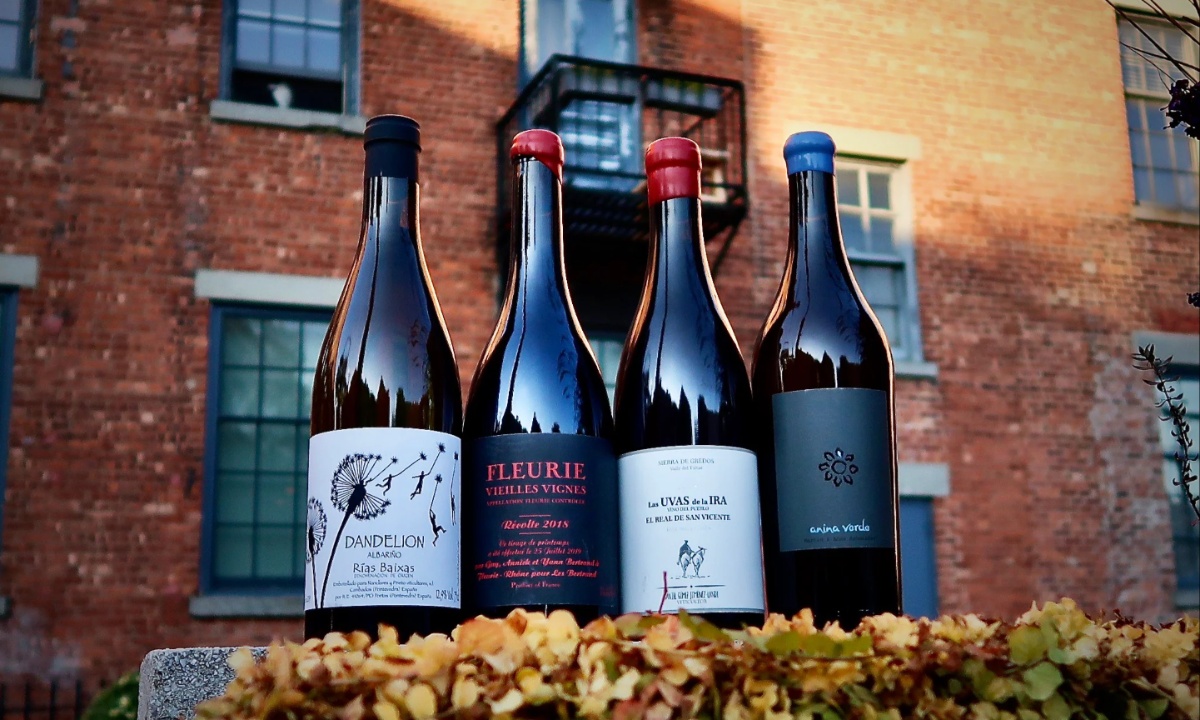The debate around natural wine continues to provoke strong reactions, with critics often labeling them as strange or unclean. These wines, which emphasize minimal intervention and little to no additives, have faced skepticism similar to how organic wines were once regarded in the early 2000s.
However, as organic wines have become widely accepted and even considered a marker of quality, the same shift may be occurring for natural wines. A prime example of high-quality organic wine is Reyneke Organic Cabernet Sauvignon Merlot from South Africa’s Western Cape, which delivers a rich and inviting experience, proving that sustainable wine practices can yield excellent results.
The Natural Progression from Organic to Biodynamic Wines
The logical extension of organic wine is natural wine, which avoids not only vineyard chemicals but also synthetic additives in the winery. While some natural wines may suffer from poor execution, the best examples showcase the skill of the winemaker and the quality of the fruit. Biodynamic wines take organic principles even further, incorporating cosmic and lunar cycles into farming.
Despite skepticism about the scientific basis of these practices, biodynamics has produced exceptional wines, such as M Chapoutier Combe Pilate Viognier from France. This vibrant white wine, with its honeysuckle and apricot aromas, demonstrates the success of biodynamic methods in crafting high-quality wines.

Biodynamic winemaking is often associated with small-scale, artisan producers, but even large wineries adopt these methods successfully. Michel Chapoutier, a prominent advocate of biodynamics, runs one of the Rhône Valley’s largest wine businesses.
His wines, though biodynamic, are widely accepted as conventional and delicious, proving that biodynamic practices do not necessarily result in eccentric or niche products. This mirrors the growing trend of organic and biodynamic wines entering the mainstream, making sustainable choices more accessible to wine drinkers.
Organic and Biodynamic Wines in the UK Market
The UK has played a key role in popularizing organic and biodynamic wines, thanks in part to importers like Vintage Roots. Recently, the company sent a selection of wines to be reviewed, showcasing how far these wines have come in terms of quality and appeal.
Among the highlights was Orsogna Padami Montepulciano d’Abruzzo, a smooth and plummy red with sweet oak notes that offers excellent value. Another standout was the Domaine Bousquet Reserve Malbec from Mendoza, a beautifully perfumed and refined red wine. These wines prove that organic and biodynamic winemaking can produce wines that are both accessible and high in quality.
As organic and biodynamic wines continue to gain mainstream acceptance, the once-radical ideas behind them are becoming standard practice in the wine industry. The success of wines like Reyneke’s Cape claret and Chapoutier’s biodynamic Viognier suggests that sustainable winemaking can coexist with mainstream appeal.
While natural wines still face some resistance, the increasing demand for eco-conscious and additive-free products suggests that they, too, may follow the same path as organic wines—transitioning from niche curiosity to an integral part of the wine world.


